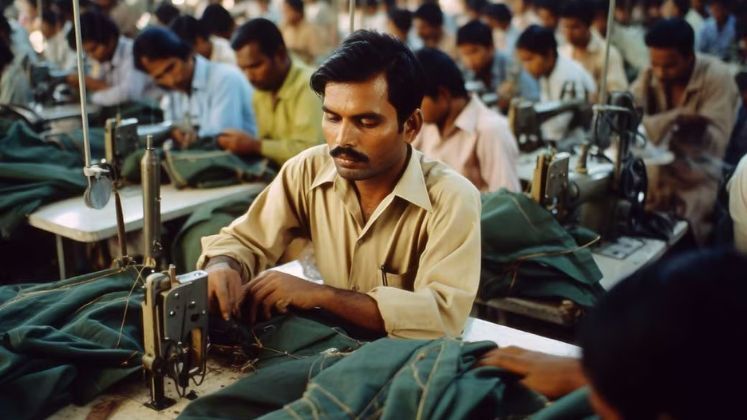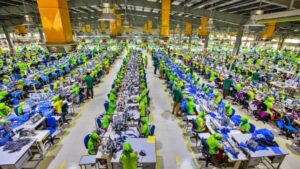
The Ministry of Labour and Employment secretary, AHM Shafiquzzaman, asserts that payment procedures’ lack of transparency puts money placed in the Central Fund intended to support Bangladeshi garment workers’ welfare at risk.
He went on to say that he is working to resolve the issue and that the way the previous government handled Central Fund deposits and expenses appeared risky because of a lack of openness.
Since its establishment in 2016, the nation’s clothing manufacturers have contributed 0.03 per cent of their export earnings to the Central Fund for Garment Workers’ Welfare.
The labour secretary states that so far, deposits totalling almost Taka 1,000 crore have been made.
Nevertheless, he went on, if the money had been spent carefully, Bangladesh might not have seen the most recent wave of unrest that damaged the nation’s garment sector.
The Government set up the fund to provide welfare support to garment workers when they were facing financial difficulties, such as having to pay for their child’s schooling or medical expenses, or when they lost their jobs. Shafiquzzaman went on to say that the nation’s labour ministry plans to establish a separate division to handle issues pertaining to employment.
More than 2 million fresh graduates enter the job market each year, but more than half of them end up leaving in search of work elsewhere due to the lack of opportunities within the country. The remainder are mostly employed by private entities, he added.
In light of this, Shafiquzzaman clarified that the temporary administration intends to establish a new department in order to promote employment opportunities locally.
The labour secretary went on to say that restrictions outside of export processing zones (EPZs) will be reflected in the amended Labour Act of 2006, which will also minimise discrimination against workers.
Shafiquzzaman went on to add that the most current wave of unhappiness among garment workers was caused by companies that were not inside the EPZs.
In order to address worker problems, he also suggested creating a commission to handle labour disputes and facilitating talks between workers and plant owners.






